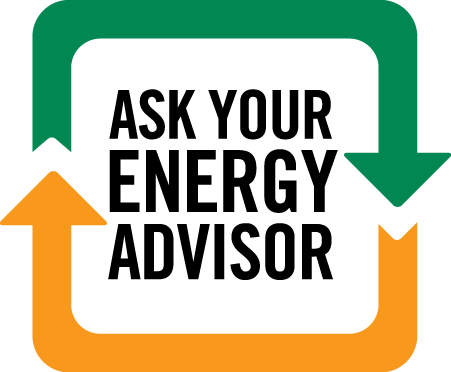Portable generators can be a great help during power outages, but they can also be very dangerous if not used correctly. The primary hazards to avoid when using a generator are electric shock, carbon monoxide poisoning, and fire.
Read through the reminders below, or check out these tips from the American Red Cross to ensure that you stay safe while using a portable generator. Please note, these tips and reminders are not a substitute for the important information found in your generator’s user manual.
Preventing Electric Shock
Never allow your generator to become wet, and don’t touch it with wet hands.
Never try to power your house wiring by plugging the generator into a wall outlet. Known as “backfeeding,” this practice puts utility workers, your neighbors and your household at risk of electrocution.
Preventing Carbon Monoxide Buildup
Never run a generator in an attached garage, even with the door open. It takes only a few minutes for carbon monoxide to build and become deadly in the home.
Keep your generator dry, under a canopy-type structure (such as a tarp suspended on poles), and away from the home’s doors, windows and vents.
Opening doors and windows or using fans will not prevent carbon monoxide buildup in the home. Although the gas can’t be seen or smelled, it can rapidly lead to full incapacitation and death. Even if you cannot smell exhaust fumes, you may still be exposed to carbon monoxide. If you start to feel sick, dizzy, or weak while using a generator, get to fresh air immediately.
Install carbon monoxide alarms in central locations on every level of your home and outside sleeping areas to provide early warning of accumulating carbon monoxide. Test the batteries frequently.
If the carbon monoxide alarm sounds, move quickly to a fresh-air location outdoors or by an open window or door. Call for help from the fresh-air location and remain there until emergency personnel arrive to assist you.
Preventing Fire
Be sure to turn your generator off and let it cool down before refueling. Gasoline spilled on hot engine parts could ignite a fire.
Store fuel outside of living areas – away from a fuel-burning appliance, like a natural gas water heater — in an approved safety can. Use the type of fuel recommended in the instructions or on the label on your generator. Ask your local fire department about laws that may restrict the amount of fuel you may store, or the storage location.
Plug appliances directly into your generator, or use a heavy duty, outdoor-rated extension cord that is rated (in watts or amps) at least equal to the sum of the connected appliance loads. Check that the plug has all three prongs, especially a grounding pin.
Be aware of the load your generator can handle. Plugging in too many appliances can cause the generator to overheat or fail.






